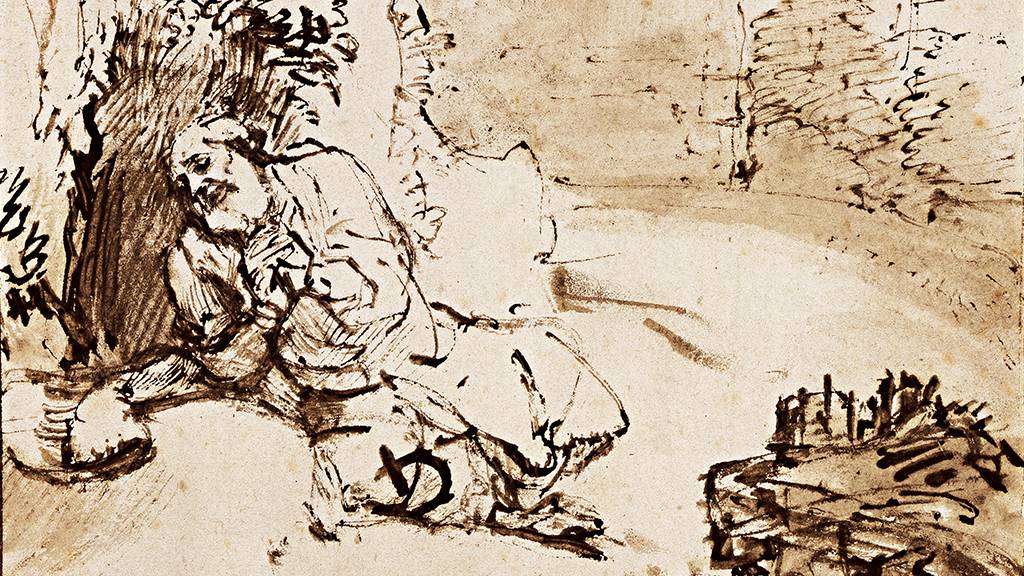I wrote this brief devotional back in 2015. It is true and timely for us today.
Every Christian has something they cling to—personal comfort, preference for their own nationality or ethnicity, materialism, traditionalism—which may hinder them from reaching the perishing.
Perhaps no place in Scripture is this truth more vividly illustrated than in the life of Jonah. After this prophet finished proclaiming God’s mercy to the Assyrians, he sat outside of Nineveh to see whether God would judge or spare them (4:5). While he waited, Jonah was provided with a plant for shade, but God withered the plant after only one day. Jonah became outraged! God said to him, “You pity the plant; should not I pity Nineveh?” (4:9-11) How did Jonah get to the point where he had more pity for a one-day-old plant than the eternal souls of the Assyrians?
Jonah’s indignation over Nineveh’s sins was legitimate, but it is apparent that he viewed them as undeserving of God’s mercy. This sense of superiority was accompanied by a sense of entitlement for the security and comfort which he found in the plant. The narrative provides an interesting contrast. Before being thrown to the sea, Jonah was shown compassion by mariners who put their own lives at risk to help Jonah after they determined that God’s chastisement was upon him (1:11-13). One would expect the Gentile mariners to seek their own safety, but they showed sympathy to this Jewish man. When it came time for Jonah to return mercy to the Ninevites, he failed miserably and showed pity on the plant.
Believers today can be guilty of Jonah’s sin. An attitude of superiority may lead to a failure to have sympathy for lost souls. We must lay aside our preferences and prejudices in order to reach the perishing.
Want to read more? Read this post about the call of God.
Featured image is The Prophet Jonah before the Walls of Nineveh (c. 1655) by Rembrandt.








One Response